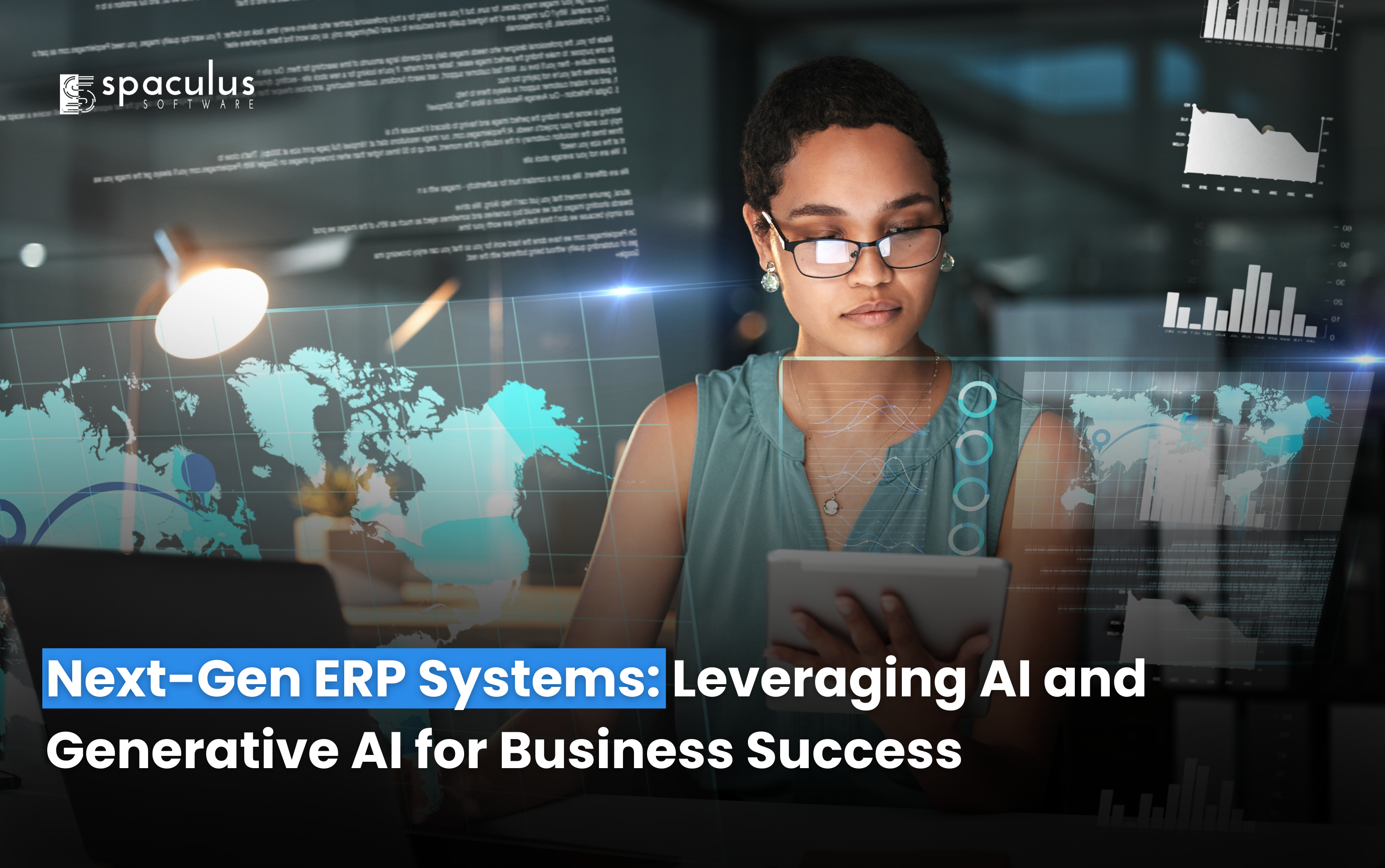
In today’s fast-moving business world, companies need to be faster, more efficient, and adaptable. Traditional ERP (Enterprise Resource Planning) systems, which have been the backbone of many organizations, are now struggling to meet these new demands. With the introduction of Artificial Intelligence (AI) and Generative AI (GenAI), the next generation of ERP systems is here to revolutionize how businesses operate.
As businesses grow, they collect more and more data. Managing this data, making sense of it, and using it for decision-making can be overwhelming with traditional ERP systems. These systems often require a lot of manual work, lack predictive features, and can be slow to respond to changing needs.
For example, a survey from Deloitte in 2023 revealed that 63% of companies found their current ERP systems insufficient for supporting their digital transformation efforts. This is where AI-enhanced ERP systems come in, offering the advanced capabilities that modern businesses need.
AI brings powerful changes to ERP systems, making them smarter and more efficient:
Generative AI takes the capabilities of AI even further by creating new content, ideas, or solutions based on existing data. In ERP systems, GenAI can:
A case from 2024 involving a European manufacturing company showed how powerful GenAI can be. The company used AI to generate new product ideas, leading to the launch of a successful product line that contributed to 15% of its revenue growth within six months.
One of the biggest advantages of next-gen ERP systems is their ability to use real-time data. This allows businesses to make decisions based on the latest information, rather than outdated reports.
For example, Amazon uses real-time data in its ERP system to manage its vast logistics network. By analyzing data from warehouses, delivery vehicles, and customer orders, Amazon can optimize delivery routes and ensure timely deliveries.
A 2023 study by Gartner found that companies using real-time data in their ERP systems saw a 22% improvement in efficiency and a 15% cost reduction compared to those using traditional data methods.
AI and GenAI-enhanced ERP systems help businesses tackle common challenges:
AI and GenAI are transforming ERP systems, making them smarter, more efficient, and better suited to today’s business needs. These next-gen systems are not just about managing resources—they are about driving innovation and helping businesses grow. For companies looking to stay competitive, investing in AI-powered ERP systems is a smart move that will pay off in better decision-making, increased efficiency, and the ability to adapt to market changes.
Artificial Intelligence Insights and Trends